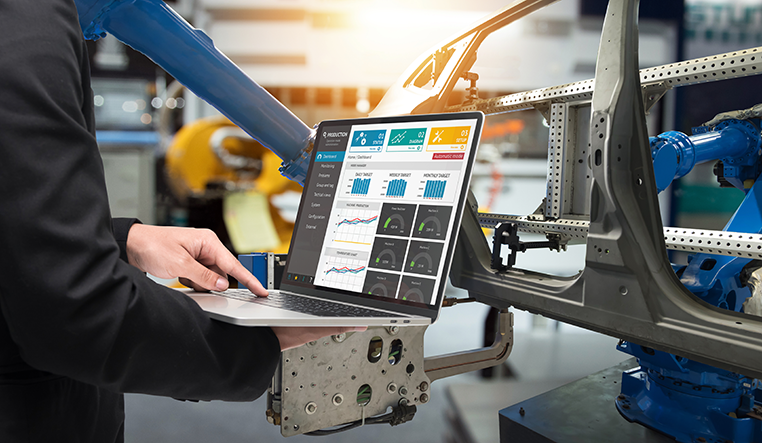What is Total Production?

Total Production refers to the quantity or parts produced in a given time period including both good parts and reject (waste) parts.
Total production is a crucial metric for manufacturing companies to measure their efficiency and productivity. By tracking the total production, businesses can identify their output capacity, optimize their production processes, and ensure that they meet their production goals. Moreover, analyzing the rejected parts can help companies to identify the areas of improvement in their production line, such as identifying the cause of defects, reducing waste, and minimizing the cost of production.
Moreover, the concept of total production can also be applied beyond manufacturing industries, such as in agriculture, mining, and service sectors. In agriculture, total production refers to the total output of crops or livestock produced in a given time period. In mining, total production refers to the total amount of minerals or resources extracted from a mine. In the service sector, total production refers to the total output of services provided to customers. In all these sectors, measuring and optimizing total production is crucial for achieving efficiency and profitability.
To calculate the total production accurately, companies need to establish a reliable system of monitoring and reporting their production output. This can involve using software applications, sensors, or manual reporting methods to track the quantity of produced parts. By having accurate data on their total production, companies can make informed decisions on how to optimize their production processes, reduce costs, and improve their overall business performance.

